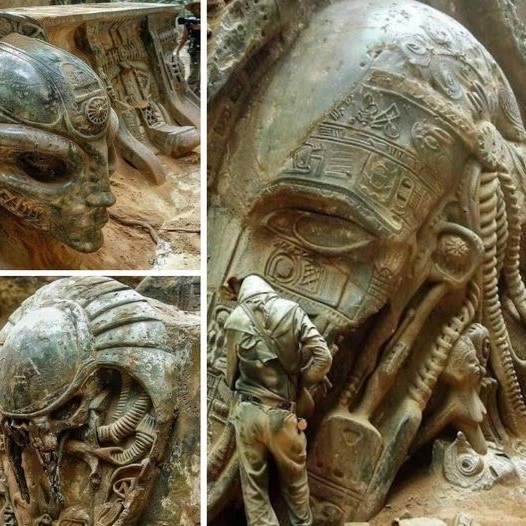One of the most remarkable finds near the pyramids is the Great Sphinx of Giza. This massive limestone statue, with the body of a lion and the head of a pharaoh, is thought to have been built during the reign of Pharaoh Khafre in the 26th century BC. It is a testament to the skill and ingenuity of the ancient Egyptians, who were able to create such a monumental and intricate sculpture without the aid of modern technology.

In addition to the Great Sphinx, archaeologists have discovered numerous tombs near the pyramids that contain the remains of powerful pharaohs and their families. These tombs are filled with treasures such as gold jewelry, intricate carvings, and elaborate sarcophagi that give us insight into the beliefs and customs of the ancient Egyptians. The well-preserved mummies found in these tombs also provide valuable information about the health and lifestyles of these individuals.

Furthermore, the temples and monuments that surround the pyramids are a testament to the religious beliefs and practices of the ancient Egyptians. The temples at Karnak and Luxor, for example, are adorned with colorful hieroglyphics and intricate carvings that tell the stories of the gods and goddesses worshipped by the ancient Egyptians. These structures serve as a reminder of the spiritual and cultural significance of this civilization.
Overall, the discoveries made near the pyramids of Egypt are a testament to the ingenuity, skill, and artistry of the ancient Egyptians. They provide us with a window into a world that existed thousands of years ago, allowing us to learn more about our shared human history. These findings are a reminder of the importance of preserving and protecting our cultural heritage for future generations to appreciate and learn from.
